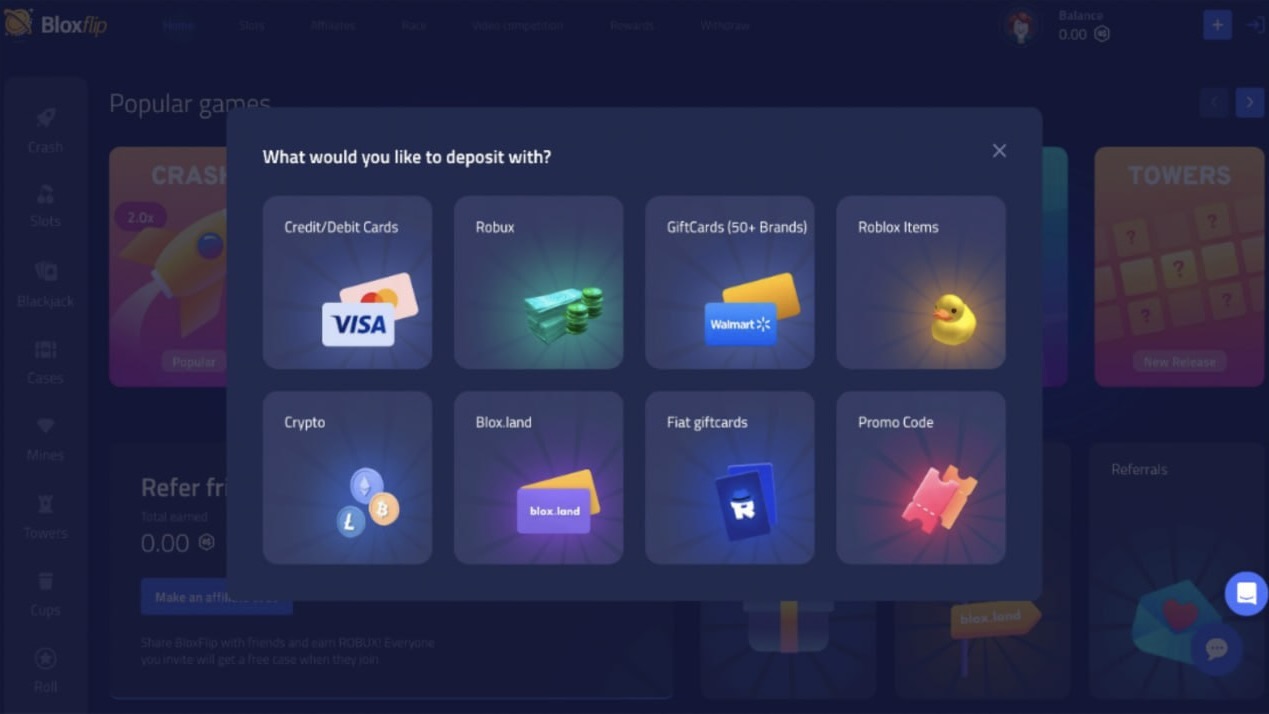The Impact of Roblox Virtual Currency Gambling on Children in Denmark: Issues and Solutions

Growth of Gambling on Third-Party Websites Using Robux
Recently, concerns have arisen in Denmark regarding the use of Roblox’s virtual currency — Robux — for gambling on third-party platforms such as casinos and lotteries.
The regulator Spillemyndigheden, in its report on illegal gambling, noted an increase in gambling with Robux on various websites. What is especially worrying is that these platforms allow the use of virtual currency for deposits and withdrawals, posing a threat to minors.
Robux is the primary currency in the Roblox game, which is popular among children and teenagers. Despite Roblox’s prohibition on gambling with both real money and Robux, the issue persists.
Some third-party sites offer players the ability to use their Roblox accounts to log in and place bets, making it easier for young users to access these platforms.
Potential Risks for Children
What is particularly concerning is that children and teenagers who play Roblox may not be fully aware of the risks associated with gambling. The Spillemyndigheden report highlights that about 50% of Roblox players are under 18, and 25% are under 13. This makes the problem particularly urgent, as teenagers may access these sites without understanding all the potential consequences.
Robux on third-party websites is often used as a substitute for real money, leading to the risk of children becoming involved in gambling. This makes them vulnerable to manipulation and may lead them to spend money without understanding its value, which can result in financial losses.
Issues with Withdrawals and Potential Consequences
Additionally, the emergence of issues with withdrawing funds as real money, such as dollars or Danish kroner, increases the danger. When using Robux for gambling on third-party sites, there is a risk that players could convert their winnings into real money, which makes the process more appealing and enticing to children.
The report also notes that despite Roblox’s prohibition on such activities, children continue to search for ways to bypass the restrictions. To do this, they may use third-party platforms where betting with Robux has become commonplace. This opens up additional opportunities for abuse and increases the risks associated with the development of gambling addiction among young people.
What is Being Done in Denmark to Address the Issue
In response to the situation, the authorities in Denmark have begun developing measures to restrict access to these sites. The regulator Spillemyndigheden is actively working to improve the oversight of virtual currency transactions and online gambling.
Measures have been taken to tighten control over the legality of using virtual currencies in gambling, which should reduce risks for the youth audience.
Moreover, an important step has been the education of parents and schools about potential threats. Preventive and awareness programs are being introduced to prevent children from becoming involved in gambling through virtual currencies.
Conclusion
The situation with the use of Roblox virtual currency for gambling on third-party platforms requires a careful approach.
It is important to continue developing effective strategies and collaborative efforts between regulatory authorities and educational institutions to protect children from the risks associated with gambling.
The issue of virtual currencies and online gambling remains relevant, and it is crucial not only to limit access but also to foster an informed attitude among children and teenagers regarding these matters.
